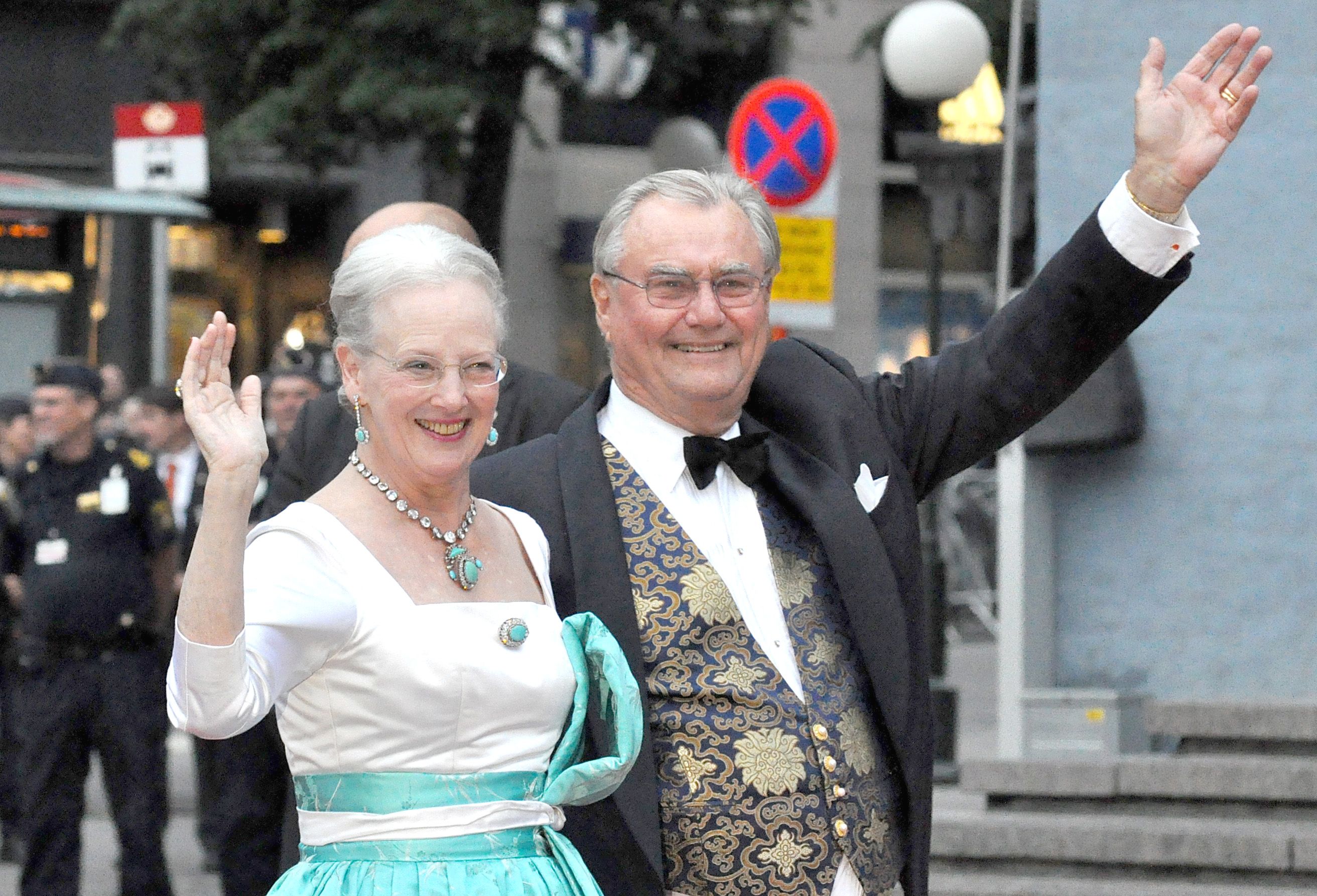The blue touchpaper on the first New Year’s fireworks had barely been lit before a far brighter squib lit up the Danish media firmament. Buried in Queen Margrethe’s New Year message, just before the bit paying tribute to the armed forces and the police and sending greetings to Greenland and the Faroe Islands, she let slip that from now on her husband, Prince Henrik, would effectively be stepping down from his royal duties.
Gaffe-prone, better at home?
It could be argued that Henrik, who recently turned 81, has more than done his bit over the years. However, he seems to have become increasingly gaffe-prone of late, culminating in a rather petulant interview in which he expressed an obviously deeply-felt wish to be made ‘King Henrik’. And there was also the time when he, after pleading a mysterious ailment, reappeared Lazarus-like in Venice instead of at his wife’s 75th birthday party.
Most Danes seem to like the Royal Family as an institution, and if anything, Henrik, despite his occasionally odd behaviour, seems to have become a bit of a national treasure. Perhaps all is forgiven as a manifestation of his proud Gallic heritage. Unlike some pensioners, though, Henrik will not be on the bread-line – Parliament has decided he can retain his Civil List award of around 8 million kroner per year.
It’s all too much
The other major surprise has been the story that MPs have rejected a potential pay-increase. This seemed almost too good to be true, and it may yet be that there are ulterior motives behind this altruistic gesture.
A while ago, a commission was set up to look into remuneration for government ministers, mayors and members of parliament. Leaked details of the results pointed towards a potential 15 percent increase in pay for MPs whilst mayors were in line for around 30 percent. At present, an MP earns around 600,000 kroner per year, whilst ministers are on between 1.17 and 1.46 million per year, so these increases are not insubstantial.
In what might be construed as a damage limitation exercise, prominent MPs from several parties went on record to say that in these times of austerity, this was not acceptable. All very laudable and responsible, you might say.
Less than zero
It has since emerged that the commission was going to recommend a ‘zero increase’ model. That means that although the wage side was set to increase, the total amount would not, as cuts were going to be made to extremely lucrative pension arrangements and other perks enjoyed by politicians. In short, the idea was to bring greater transparency to the process as a whole.
Given the recent scandals of politicians earning double wages etc, and the general perception that their stock is still way below that of second-hand car salesmen and estate agents, perhaps it would be politic to allow the commission to report in full before trying to pre-empt its findings. Anything else might be considered an attempt to pull a fast one.


